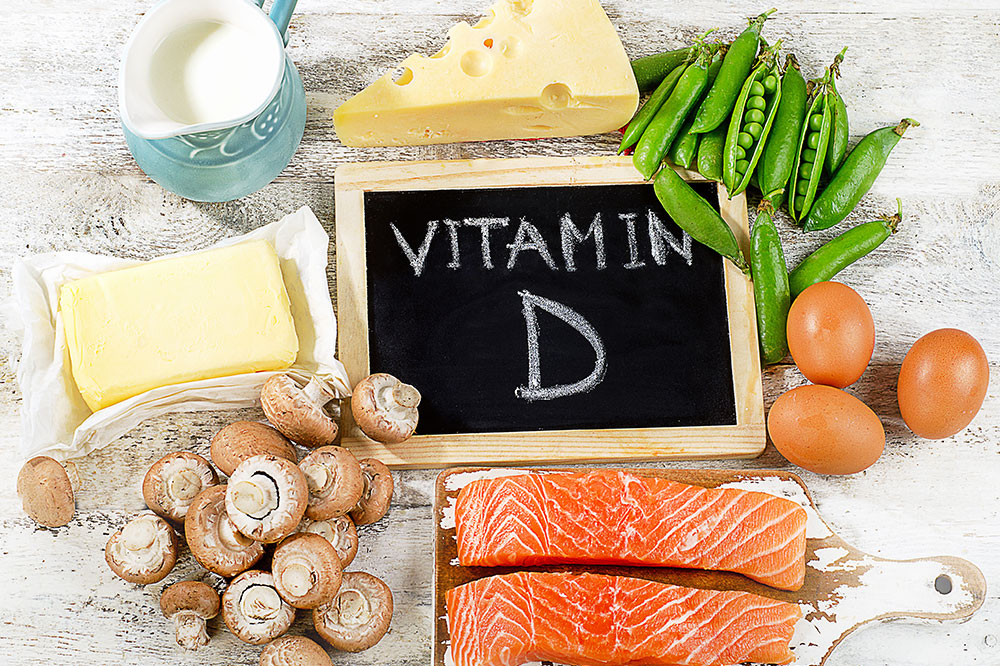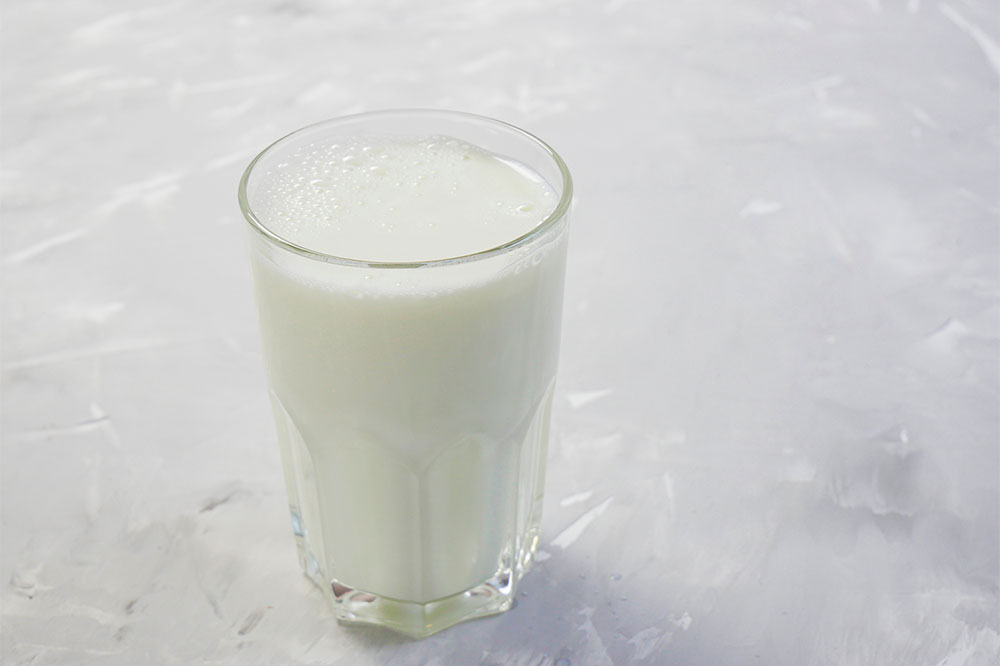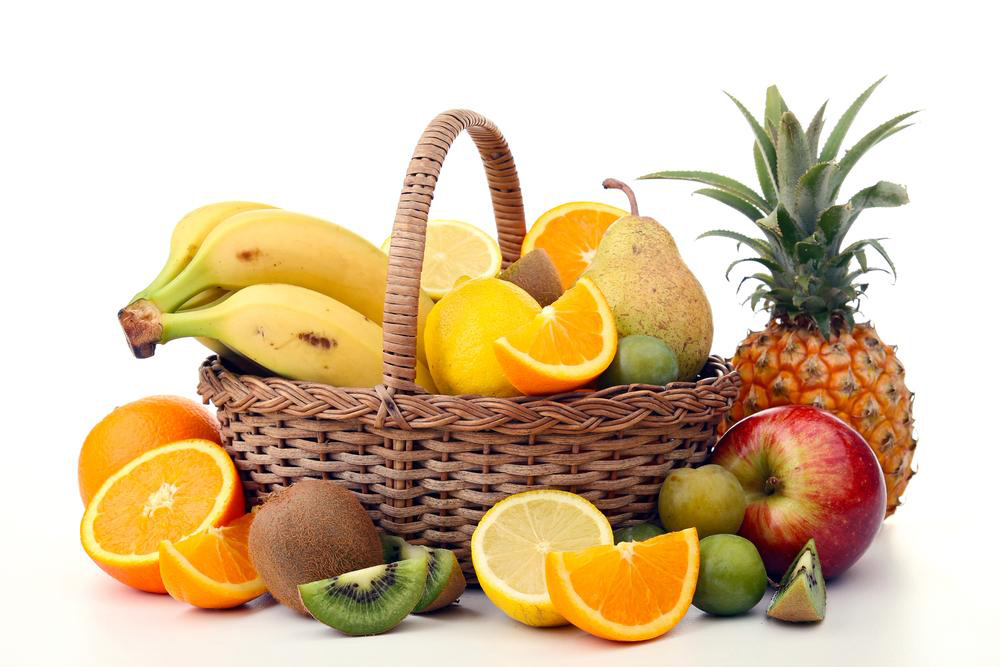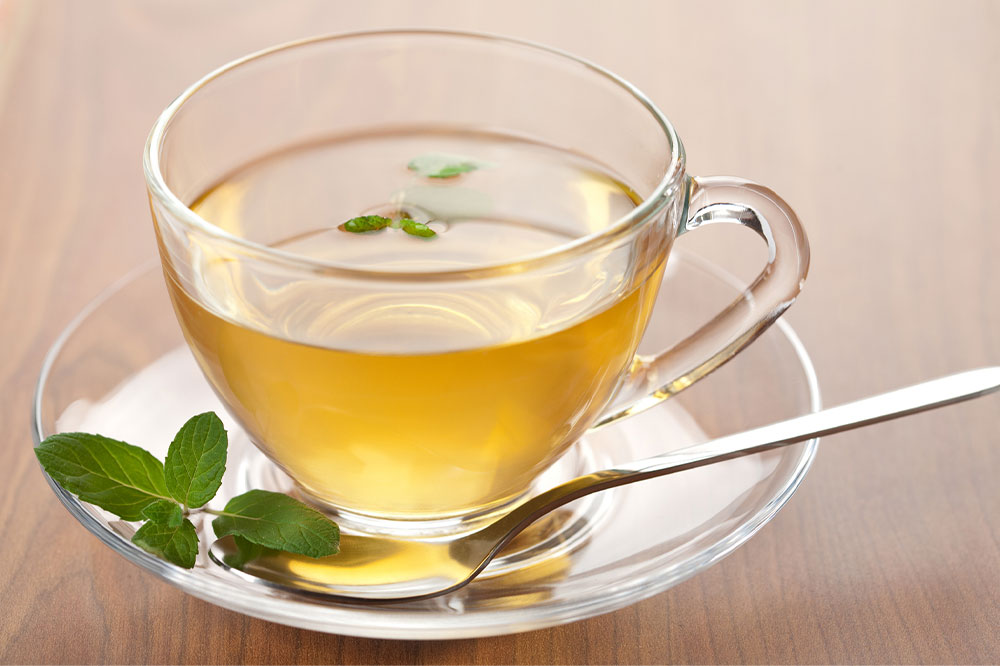The Significance of Beverages in Nutrition and Hydration
Explore the importance of beverages in our daily nutrition, hydration, and health. Learn which drinks are beneficial, how they contribute to a balanced diet, and tips for choosing healthy options like water, tea, coffee, and milk. Understand their roles and impact on overall well-being for a healthier lifestyle.
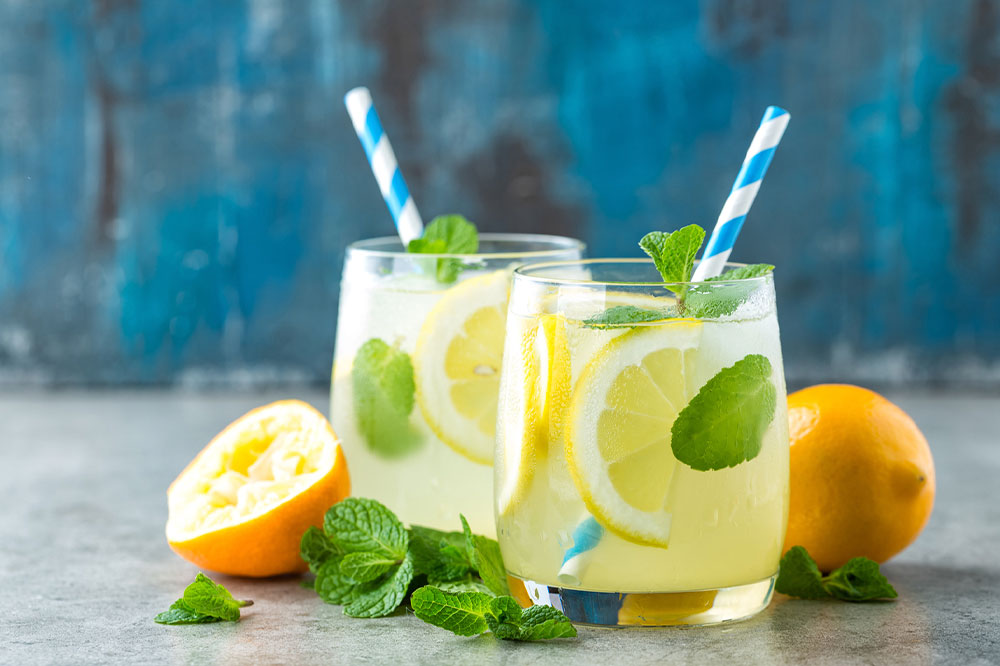
The Significance of Beverages in Nutrition and Hydration
Food and beverages both play vital roles in our daily nutrition. Besides solid foods, a variety of drinks like tea, coffee, and energy drinks help refresh and hydrate us. Sometimes, beverages are used as meal replacements, but is this advisable? Are drinks truly considered food? What health benefits do they offer? Let’s explore these questions.
Are Beverages Considered Food?
Understanding if drinks qualify as food is essential. The answer is yes, but their nutritional value varies. Regulatory bodies like the FDA approve certain beverages as food. Coffee, for instance, is widely enjoyed but lacks complete nutritional content, unlike milk, which is rich in proteins, vitamins, and minerals, making it a comprehensive food source.
The Role of Beverages in Daily Diets
Incorporating drinks such as tea, coffee, and milk into your meals can be beneficial. Beverages are excellent sources of hydration, replenishing fluids lost through sweating, respiration, and waste elimination. They help maintain cell hydration and can contain nutrients like antioxidants and vitamins that support overall health. However, not all beverages provide complete nutrition, so a balanced intake of diverse drinks and foods is key.
Choosing Healthy Drinks
Selecting nutritious beverages enhances overall health. Always check labels for calorie content and nutritional benefits. Experts recommend drinking water as the primary beverage, as it effectively hydrates without calories. Other healthy options include herbal teas and moderate coffee intake, which provide antioxidants. It's important to consume these in moderation and avoid added sugars or harmful additives that could impact health negatively.
Water: The Optimal Hydrator
Water remains the best hydration source, replenishing lost fluids and electrolytes naturally. Drinking about eight glasses daily supports bodily functions without adding calories. It is readily available and affordable, making it ideal for maintaining hydration and health.
Tea and Coffee: Benefits and Cautions
Tea and coffee contain antioxidants and can help reduce oxidative stress. They are popular worldwide and may aid in preventing certain diseases. Nonetheless, added flavors, sugar, cream, or excess caffeine can diminish their health benefits. Experts advise limiting daily intake to avoid negative effects such as sleep disturbances or increased heart rate.
Milk: A Complete Nutritional Drink
Milk provides essential nutrients including calcium, vitamin D, and high-quality protein. It is regarded as a complete nutritional source suitable for both children and adults. For those who avoid dairy, plant-based alternatives like soy milk are good options. Consuming one to two glasses per day supports bone health and overall well-being.


